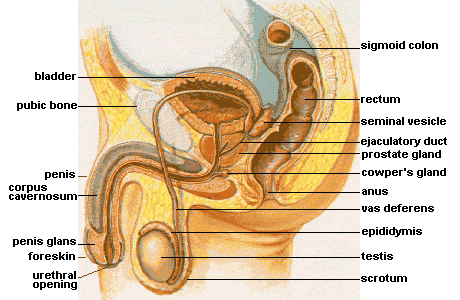Childbirth together with hormonal changes that come with menopause can give rise to a female to reduce muscle tone across the pelvic floor. It's advocated if you have moderate to severe stress incontinence that doesn't enhance with noninvasive treatments like drugs exercise, as well as electric stimulation.

This form of procedure is generally performed on women.
Bladder leakage suspension surgery might be an option in case you develop stress incontinence due to childbirth, menopause or problems with the muscles in the bladder and urethra. Medical professionals recommend surgery only when it is clear that stress incontinence brings on symptoms. The chief reason surgery does not function is a wrong analysis.
All operations include threats. Here are 7 things to expect after bladder leakage suspension surgery.
1. The most frequent complication after any form of suspension surgery is that you could have trouble. Less than 5 percent of patients have permanent urinary retention.
2. How quickly you recuperate have a good deal to do with the particular process. Open suspension surgery, for instance, is done under general anesthesia and requires time in a hospital. The surgery takes about an hour but discomfort could last six weeks or even more.
3. It is recommended that you simply avoid activities that put pressure on the bladder leakage and vaginal area. Avoid strenuous exercises, do not strain during bowel movements, and stay away from heavy lifting.
4. Achievement rates to treat stress incontinence with surgery (in most cases) range from 85 to 90 percent. Also, success rates also fall as the amount of bladder leakage suspension procedures you've go up.
-- Actions after surgery
-- How long you've had stress incontinence
5. Reasons the procedure might not function may contain:
-- You have an alternate type of incontinence (including urge incontinence).
-- Dilemmas with healing
-- Obesity
6. Pain management may be given through an IV, into the muscle or by mouth.
7. For all those who whose urinary leakage happens when coughing and sneezing, it is recommended they advise their doctor. While there might be another medical condition inducing the difficulty, evaluations or added treatment may be critical.
Don't forget to consult your physician before taking any treatment or medical remedy.

